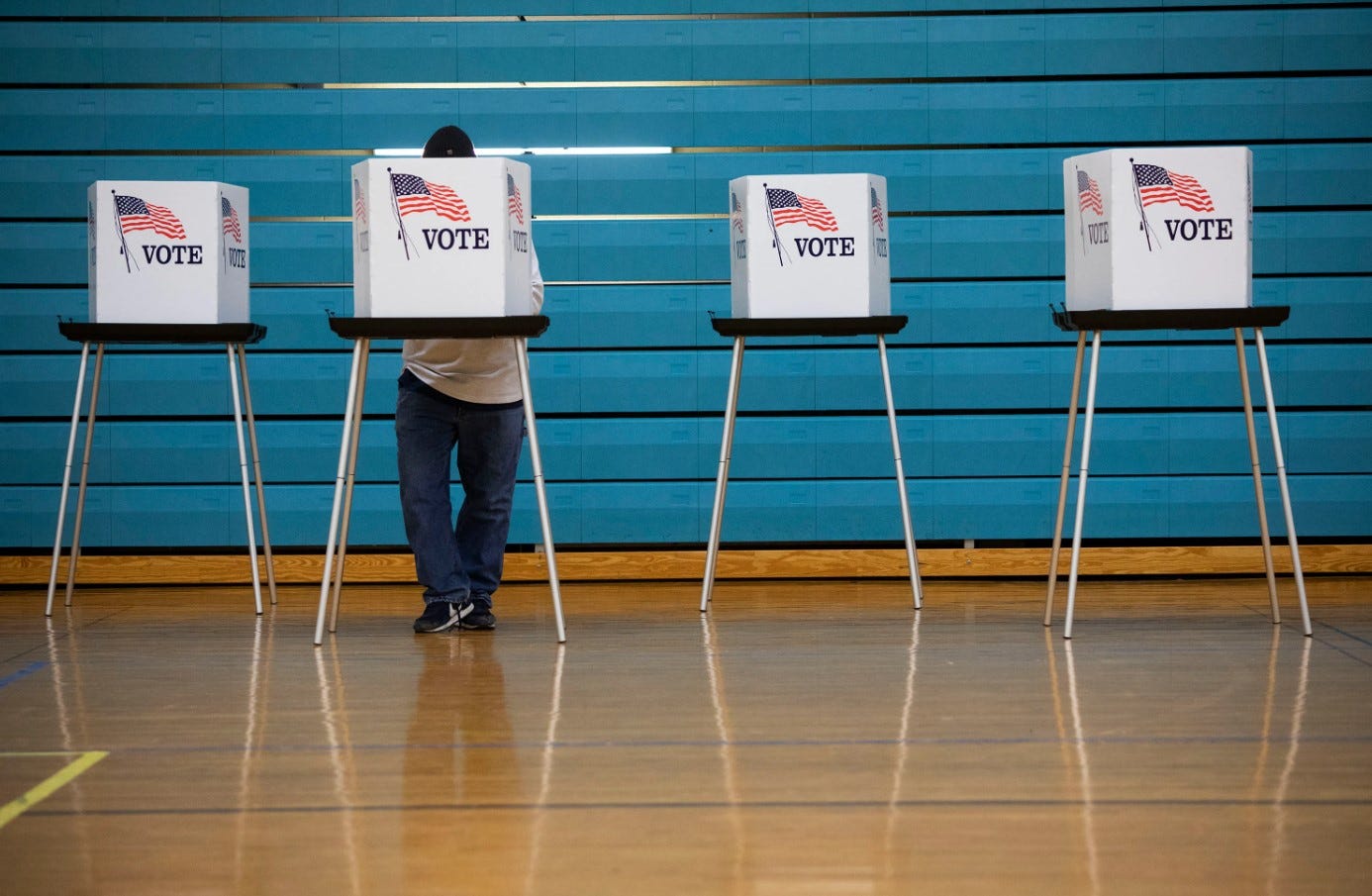Election Day: Fear and Loathing on the Far Right
The far right’s reaction to the midterm elections ranged from despondence over the nonexistent ‘red wave,’ the promotion of various conspiracy theories, and blame projected on GOP leadership.
As voters around the country gathered at polling places to cast ballots in this year’s midterm elections, the far right conspiracy and misinformation machine went into high gear. Across various social media platforms and online spaces, there was a constant flow of dubious claims and factually inaccurate statements abou…



